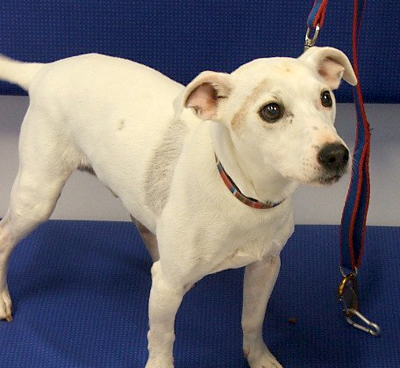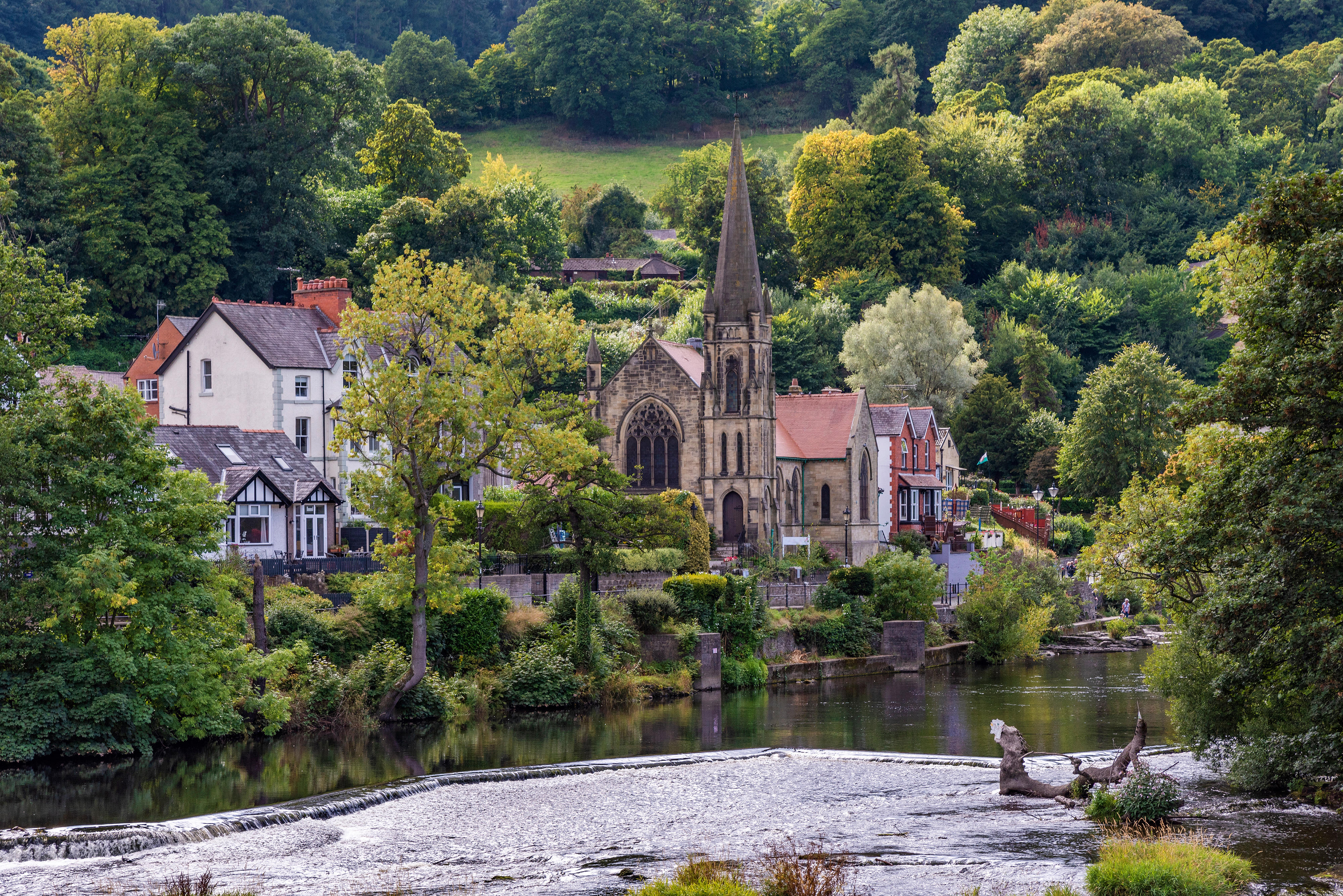150 years of Battersea Dogs Home
Celebrating a century and a half of Battersea Dogs Home’s determination to re-home stray and unwanted dogs, and latterly, cats


Dogs today rank higher in man's affections than they did when Battersea Dogs & Cats Home was founded 150 years ago, but the much-loved institution's new chief executive says educating owners and breeders is still a significant challenge. ‘We get a lot fewer dogs brought to us than in the Victorian era,' says Claire Horton, who started in the job last month. ‘That's down to better attitudes towards responsible breeding and because the dog has a much higher place in society and is seen as part of the family. They were just vermin in Victorian days, rounded up by a dog-catcher.'
Some 70% of Battersea's annual intake is strays-there are currently 400 dogs at the London centre with about 22 arriving every day (7,000 a year)-and the main issue is ‘status' dogs, those bred or nurtured to be aggressive; they're often bought over the internet and can't be rehomed. ‘The internet is a real curse in that respect,' says Mrs Horton, whose CV includes stints with the Variety Club, NSPCC and Cats Protection.
‘There's so much irresponsible back-street breeding, a lot of bull-breed crossing, and the producing of dogs for crime and intimidation. Many have been kicked and beaten to toughen them up.' Dogs go in and out of fashion-the film 101 Dalmations spawned hundreds of unwanted puppies-and now Staffordshire bull terriers make up 50% of Battersea's intake. ‘They're actually very friendly dogs, but they're not that popular with visitors, who tend to want the archetypal, cuddly Battersea mutt.'
Battersea dogs are rehomed all over the country, especially to rural retirement areas such as Wales; six newly arrived springer spaniels will be found country homes (the charity had a stand at the Game Fair), and many go to the police, the military and Customs & Excise. Elton John, Lily Allen and Kevin Spacey all have Battersea dogs, and the president, Prince Michael of Kent, has a beautiful black labrador, Shadow. He says: ‘Regrettably, there are still, and possibly always will be, far too many stray or unwanted animals in Battersea's care. Fortunately, many animal lovers continue to come to Battersea to find their perfect pet. I was able to do so myself, and could not have wished for a better companion.'
Battersea has 310 staff and 300 volunteers who spend 36,000 hours walking 12,000 dogs a year. It costs £13 million a year to run, and 72% of its income is from legacies. These remain constant in number, but not in value, and Battersea faces competition from ‘trendier' causes-‘the next generation may want to save the planet, rather than dogs'-and from the proliferation of specific-breed rescue centres. Mrs Horton's mission is to build the charity's profile, devise new fundraising strategies and to further improve the rehabilitation of dogs.
The new ‘kennel enrichment' programme experiments with calming measures such as herbal plants, supplements, and even radio stations-‘we're trying to imitate home life, because you don't see dogs at their best in a kennels'-and there's a ‘people and dogs' police initiative. She has met new Minister Lord Henley, whose Defra portfolio includes companion animals. ‘Our key message to him was we want the Government to be more active in co-ordinating dog-welfare services across the country.' Mrs Horton supports dog licensing, but only for a nominal amount. ‘Legislation must not penalise responsible owners. We see it not as a money maker, but as a way of making a connection between an owner and their dog; that's the crucial thing.'
For the dogs needing homes today, visit www.countrylife.co.uk/dogs For information on anniversary fundraising activities, visit www.battersea.org.uk
Sign up for the Country Life Newsletter
Exquisite houses, the beauty of Nature, and how to get the most from your life, straight to your inbox.
The story of Battersea's 150 years, ‘A Home of Their Own' by Garry Jenkins, is published by Bantam Press (£16.99)
Country Life is unlike any other magazine: the only glossy weekly on the newsstand and the only magazine that has been guest-edited by HRH The King not once, but twice. It is a celebration of modern rural life and all its diverse joys and pleasures — that was first published in Queen Victoria's Diamond Jubilee year. Our eclectic mixture of witty and informative content — from the most up-to-date property news and commentary and a coveted glimpse inside some of the UK's best houses and gardens, to gardening, the arts and interior design, written by experts in their field — still cannot be found in print or online, anywhere else.
-
 About time: The fastest and slowest moving housing markets revealed
About time: The fastest and slowest moving housing markets revealedNew research by Zoopla has shown where it's easy to sell and where it will take quite a while to find a buyer.
By Annabel Dixon
-
 Betty is the first dog to scale all of Scotland’s hundreds of mountains and hills
Betty is the first dog to scale all of Scotland’s hundreds of mountains and hillsFewer than 100 people have ever completed Betty's ‘full house’ of Scottish summits — and she was fuelled by more than 800 hard boiled eggs.
By Annunciata Elwes